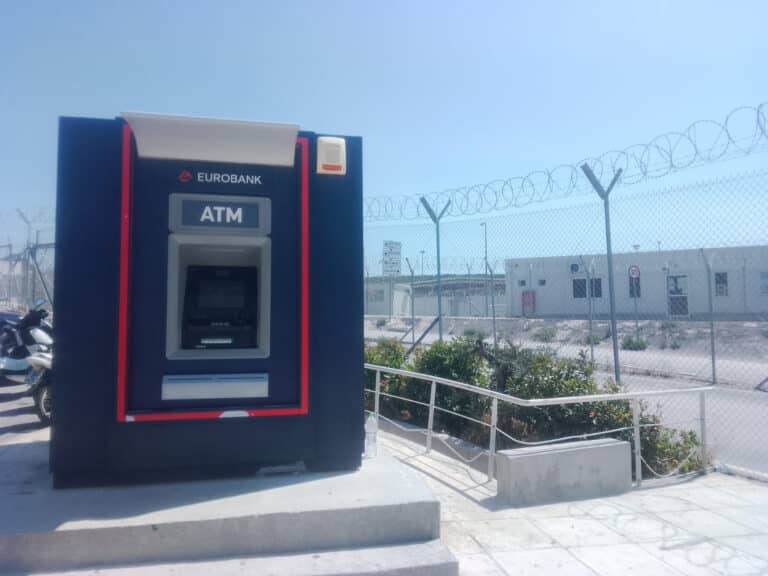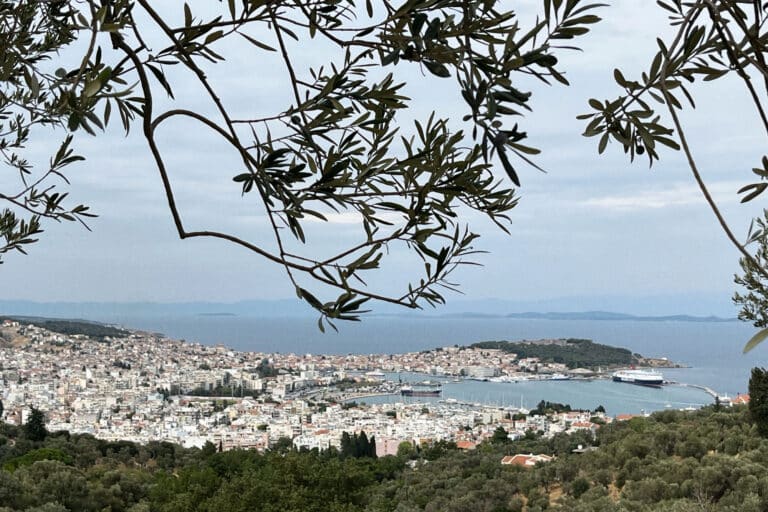CPTnet
15 June 2012
ABORIGINAL JUSTICE: River Run aims to heal poisoned communities
by Julián Gutiérrez Castaño
Fifty years after mercury dumping began to turn their lives upside-down, Grassy Narrows First Nation is seeking justice and healing for the people and land affected.
River Run, a week of public events and actions in support of Grassy Narrows, took place in Toronto 4-8 June. Christian Peacemaker Teams’ Aboriginal Justice Team helped to organize the event.
First held in 2010 in Toronto, the event is a community led action for justice, highlighting how mercury poisoning has affected Grassy Narrows and a neighboring community. Between 1962 and 1970, Reed Pulp & Paper Co. dumped over 10 tonnes of mercury in the English River, contaminating the ecosystem, damaging commercial and traditional fishing and, worst of all, causing Minamata disease in Grassy Narrows and Whitedog, another Anishinabe Reserve located along the river.
Minamata symptoms include tremors, tunnel vision, impaired hearing and speech, and loss of muscular coordination and sensation in the extremities. Grassy Narrows and White Dog inhabitants still suffer consequences from the contamination that occurred more than 40 years ago. A recent study by world-renowned mercury poisoning specialist Dr. Masazumi Harada shows that 44% of people in these communities born after the dumping had ended presented one or more of the described symptoms. In 1985 Ontario’s provincial government awarded a compensation package for Grassy Narrows and White Dog residents who showed Minamata disease symptoms, but it benefited fewer than a quarter of those affected by the contamination.
| Grassy Narrows women prepare fish in front of the Provincial Legislature at Queens Park, Toronto. |
River
Run Week included a press conference held on Monday 4 June; the
arrival of 6 young Anishinabek who walked more than 2000 kms. from Grassy
Narrows to Toronto, to call attention about the mercury poisoning and the
current situation of their community, and a public presentation on Tuesday; a Fish Fry lunch in front of the Provincial Legislature at Queen’s Park on Wednesday; a community dinner on Thursday and a rally in Downtown Toronto on Friday, 8 June.
Hundreds of people came to the events to learn about the mercury poisoning and the
communities’ current situation, and to support Grassy Narrows’ pursuit of compensation
from the government of Ontario and self-determination in their territory.
| Hundreds march to Provincial Legislature, Queens Park, in support of Grassy Narrows First Nation. |
This writer served as the main
liaison between CPT’s Aboriginal Justice Team and River Run Organizers. Many
other CPTers joined the actions as participants or volunteers. Jim Loney,
Murray Lumley, John Spragge, and Rebecca Johnson drove vehicles on different
occasions. Rebecca also helped Art Arbour prepare the community dinner on Thursday.
Daniel Huizenga and Peter Haresnape volunteered at different events. Nina Chiba
and Rosemary Williamson participated in the Rally along with many of the CPTers
already mentioned. CPT has accompanied Grassy Narrows since 1999.
Call to Action
Free Grassy
Narrows, an effort of solidarity activists working with Grassy
Narrows organizers, is requesting phone calls and emails to Ontario
Premier Dalton
McGuinty.



